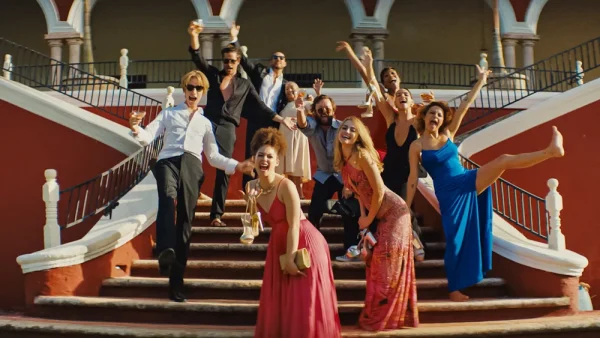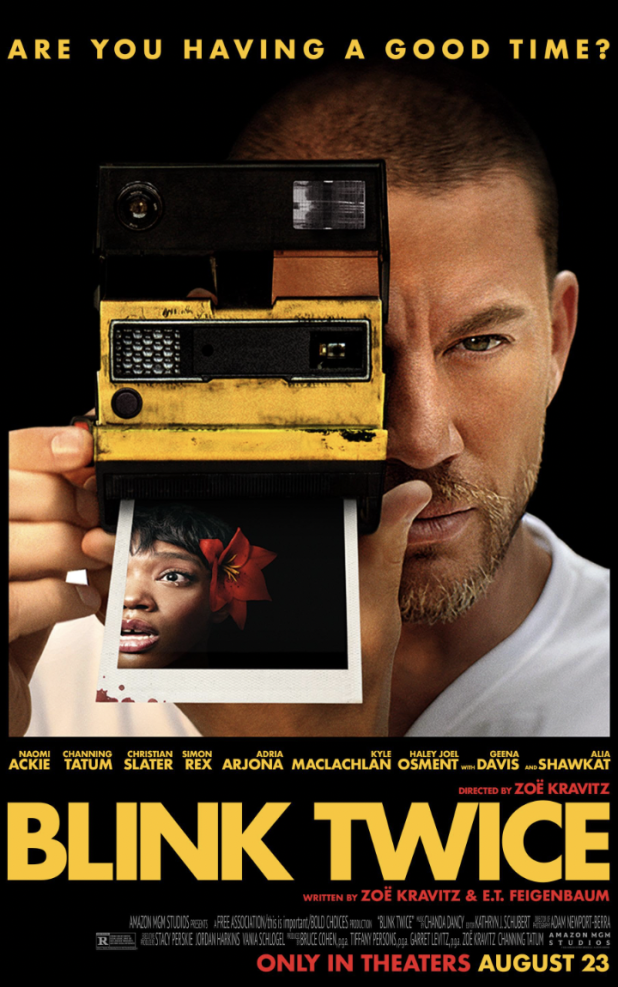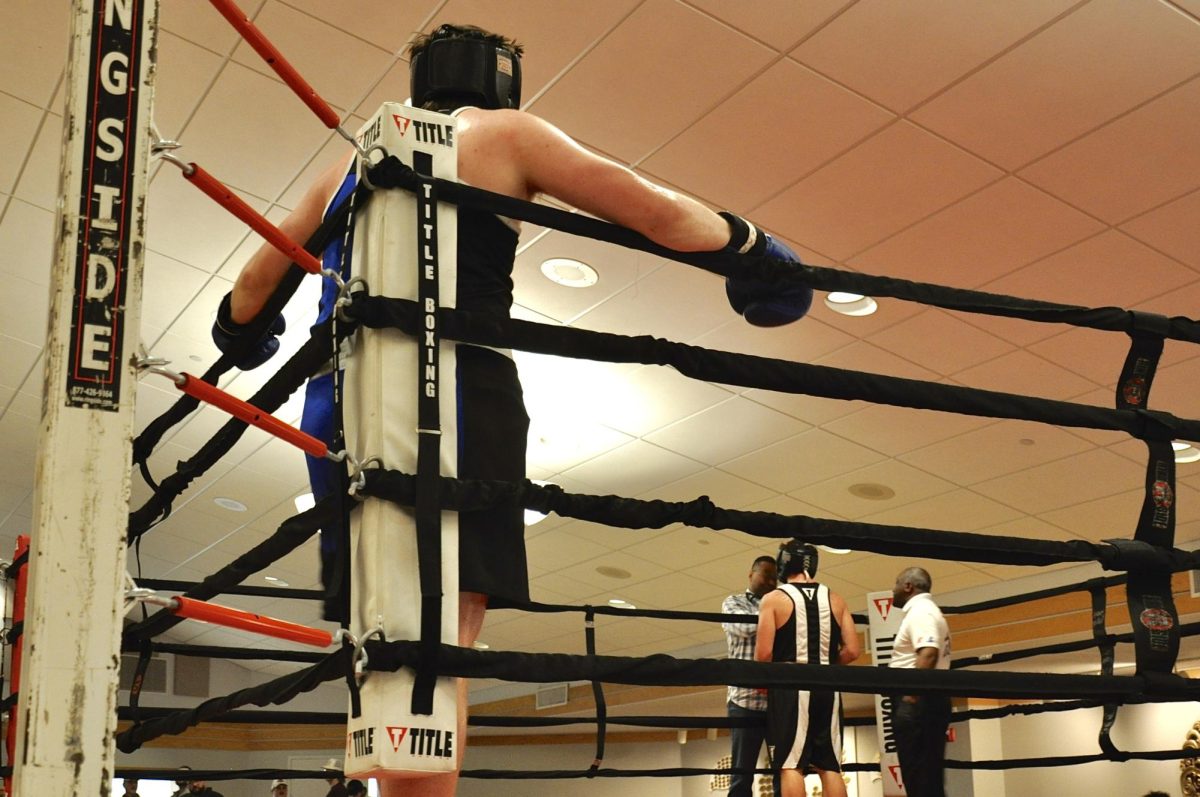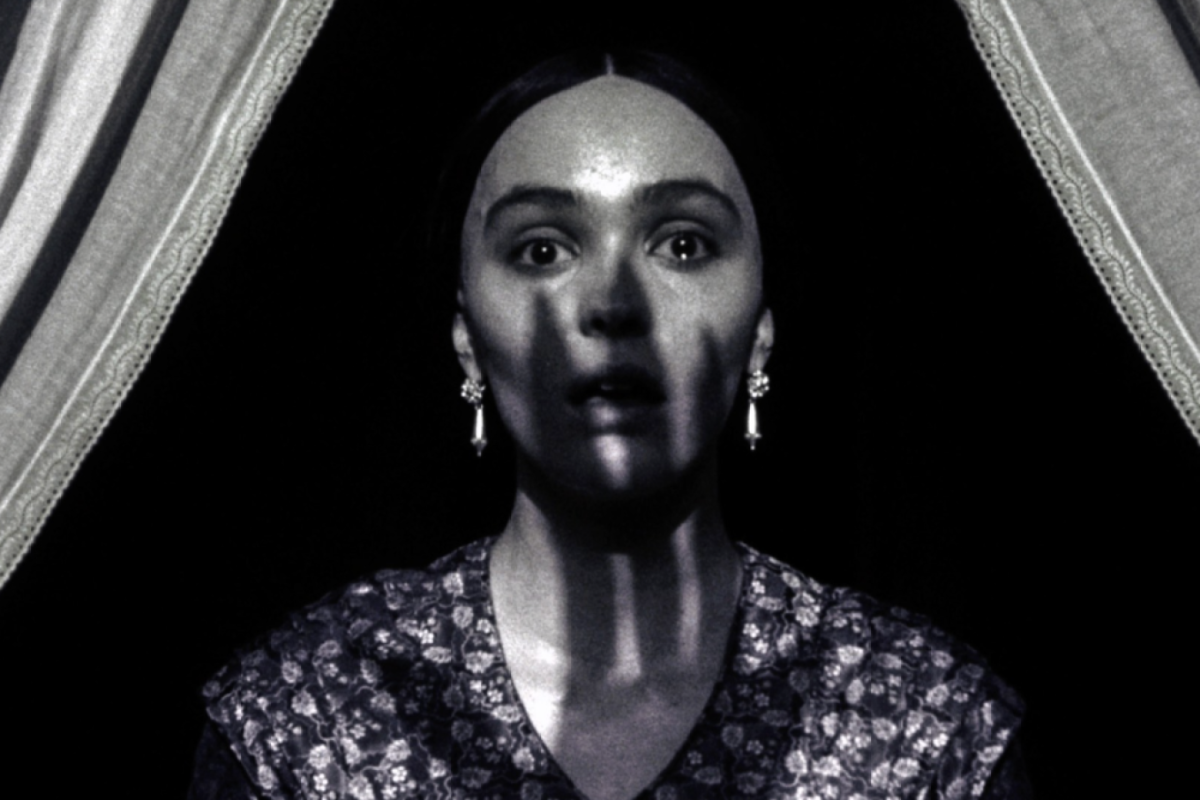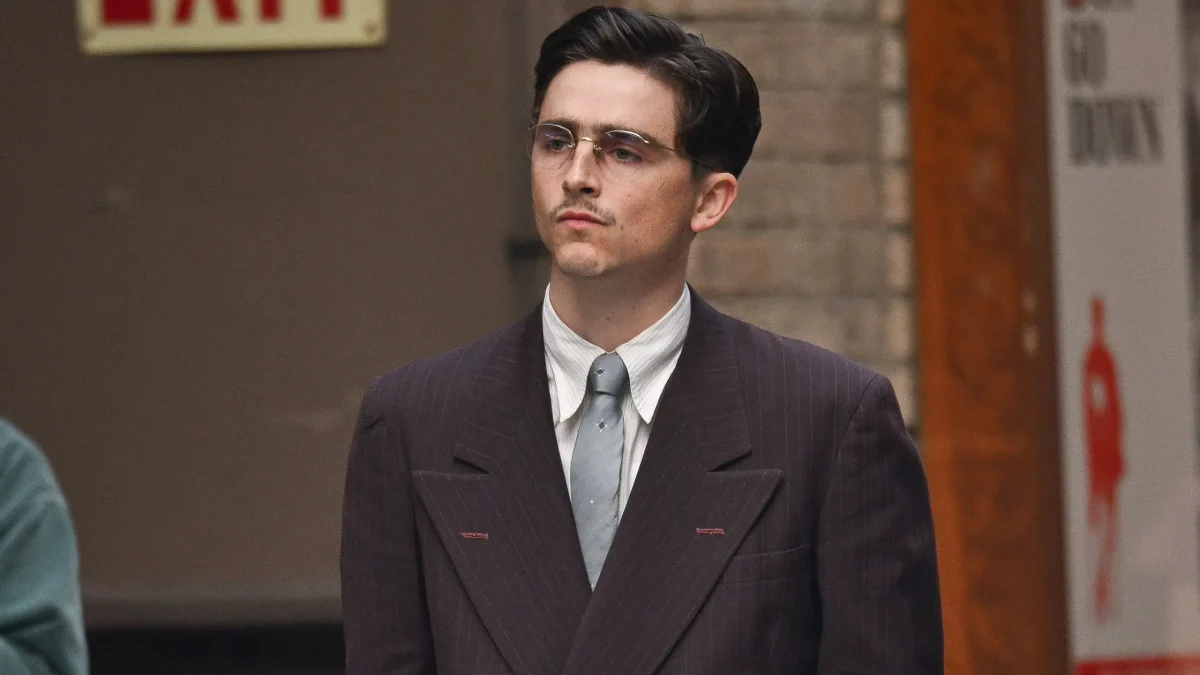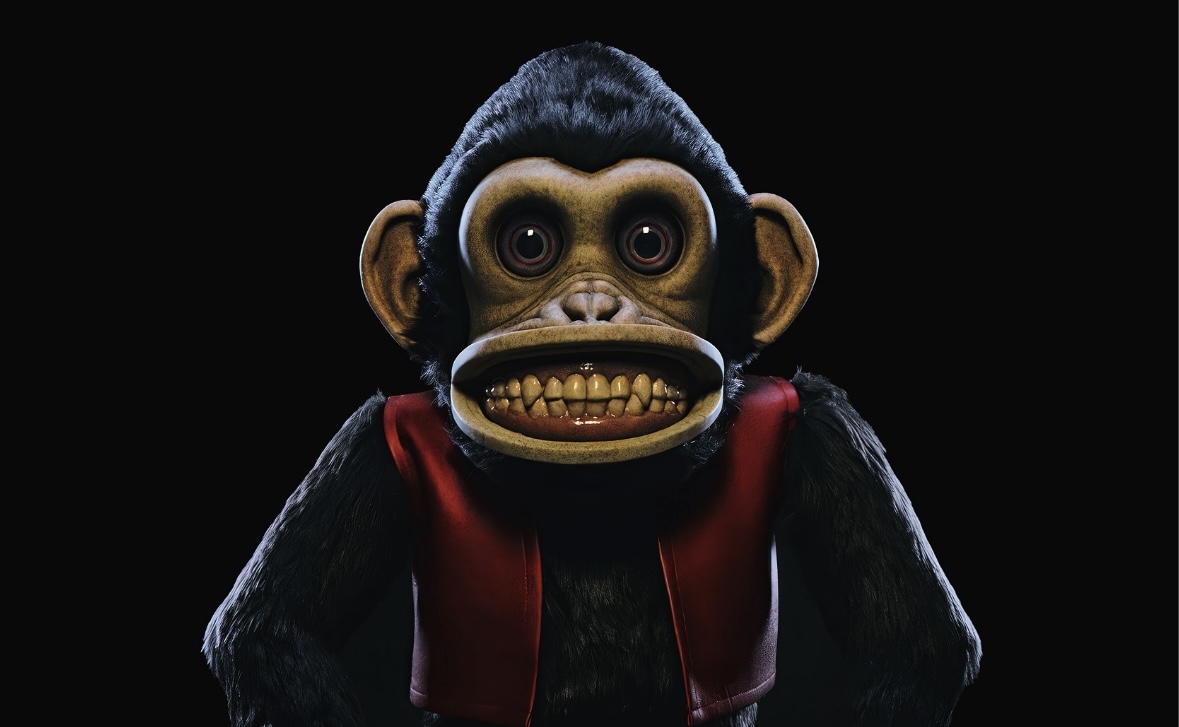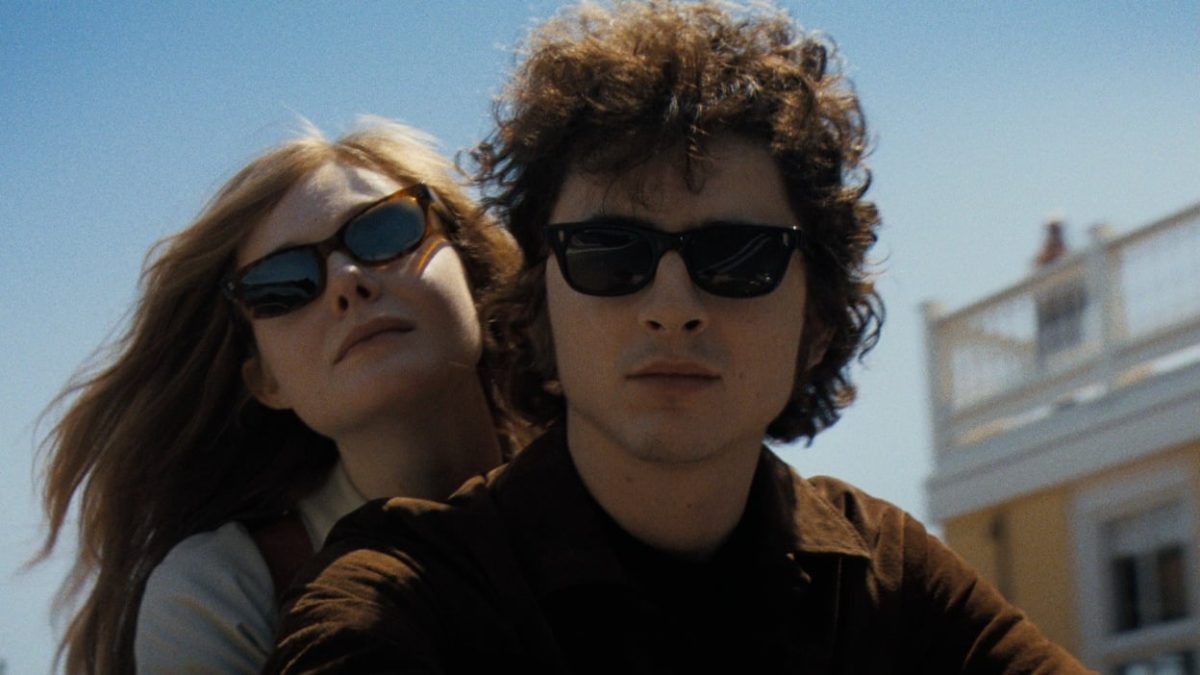There is something so chilling about a film that starts with a trigger warning, getting its audience to already feel a sense of unease before a single frame of the movie is shown. However, there is something very raw about that warning too. It means nothing has been held back, no emotion cut out; the movie’s message is unaltered, unsullied and unchained.
“Blink Twice” is the directorial debut of pedigreed Hollywood actress Zoe Kravitz, and it is clear she intended on making waves with her first film, originally naming it “Pussy Island.” While the current title may not be as on the nose, it still plays as a reminder for the movie’s cast to never trust what they see at first glance.
The film is led by Naomi Ackie’s Frida, a struggling cocktail waitress and Instagram wannabe-Influencer, who is whisked away to the private island of rich tech CEO Slater King (Channing Tatum). On the island, she is accompanied by her best friend Jess (Alia Shawkat) and is introduced to an entire ensemble of eclectic characters, each with their own secrets and mysteries.
These mysteries are what drive the film, with Frida attempting to understand more of the strange things that are occurring on the island while also struggling to accept the absolutely horrendous actions she begins to uncover. Kravitz also uses Frida as a great conduit for the viewer, with the horrors she experiences feeling especially personal.
It is clear that Kravitz’s talent extends beyond acting, with beautifully filmed shots scattered throughout the film, and a clear deliberate movement of the camera. Even the most static of shots are filled with powerful symbolism and strong imagery, leaving every scene lingering in the viewer’s mind.
Tatum, the film’s main antagonist, gives one of the most emotionally charged performances of his career, standing out even more among an already uber-talented ensemble cast. He masterfully plays the part of the charming, passionate and rich bachelor while occasionally injecting moments of anger or insanity to keep the audience intrigued about the true nature of his character.
Even with well directed elements and a powerful story, it is still clear this is Kravitz’s debut foray into directing. There are several points throughout the film that feel especially long and dragged out, but then there are also moments that go by too fast. Kravitz obviously has a story that she wants to tell, but she is so focused on keeping certain beats that other moments are not given enough time to linger, leading to pacing problems.
The film’s tagline: “Are you having a good time?” is repeated multiple times throughout “Blink Twice,” with each moment being an integral look into Frida’s psyche, showing her slowly falling deeper and deeper into her fear as she uncovers more and more of the mystery at the center of this film. It is a chilling reminder of the terrors occurring in the film, but it also acts as a symbolic message to the audience: nothing is as it seems.
